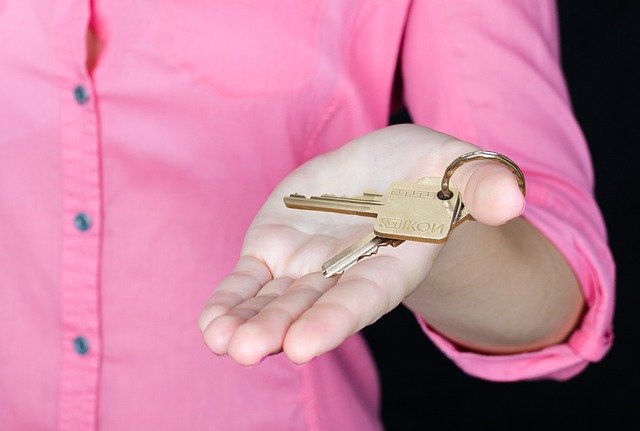
As a first time landlord, there are plenty of things to take into consideration. Although renting can provide a nice cushion of income, most landlords have to work pretty hard to get going and make sure everything is up to snuff. Here are some things to watch out for as you get underway with renting out your first home.
Before Anyone Even Moves In
Surprisingly, you may find yourself doing more work to prepare for your first renters than you will once they actually move in. This is because preparation is king when it comes to being a landlord. Taking the time to mitigate any issues before they become big problems will save you thousands plus hours of headaches.
The very first step in this process is choosing a good rental property. Find a decent home with minimal work necessary to make it a quality rental. Take time to do fixes right and evaluate market prices so you can set your rental rates fairly. The goal is to make a decent income without pricing most people out of your home.
Laying the Groundwork
Once you’re all set up space-wise, the next step is to prepare a lease or a contract for your new rental property. There are several important things to think about during this process such as:
- How much are rent and deposit fees?
- When is rent due?
- What are the consequences for late rent?
- How long is the lease term?
- Are pets allowed?
- How are repairs handled?
- Is lawn care required?
- How much decorating and personalization is allowed?
- Are there any other ground rules that need to be in place?
It can also be valuable to document official dates and other items. Make sure you and the renter have copies and proof of agreements and transactions. For instance, having an invoice lets the renter know you’ve received a check each month, and it could come back to help you in the event of a legal situation.
Being a Quality Landlord
Finally, you’ve screened and found the perfect renters, everyone is moved in, and the rent checks are finally coming. You’re all set, right? Maybe. As a landlord, it is your duty to take care of the majority of major maintenance that comes up. That means you’re on deck to front the cost of new appliances, leaks, and other damage that is outside of the renter’s control.
Quality landlords are pretty easily distinguished from bad ones. Good landlords are responsive and timely. They also care about the house enough to make minor upgrades here and there and find good renters that are going to take care of the place. Think back to the landlords you’ve had in the past, what were the good things versus the bad things they did that you’d like to do or avoid?
Becoming a landlord for the first time can be a really exciting way to make some extra money on the side. However, there are numerous things to consider before you’re going to have people moving in. Taking steps to do things right and create a space that you would be comfortable living in yourself is the first step to being a quality landlord who people are happy to work with.
Luke Smith is a writer and researcher turned blogger. Since finishing college he is trying his hand at being a freelance writer. He enjoys writing on a variety of topics but real estate topics are his favorite. When he isn't writing you can find him traveling, hiking, or gaming.


